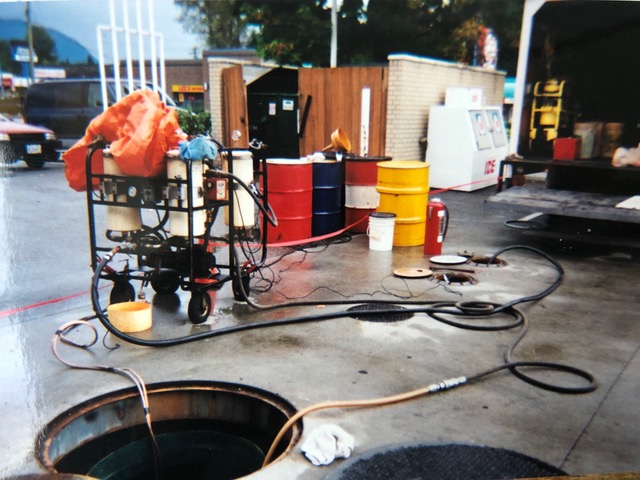Water/Hydrocarbon Mixtures
Water and oil – hydrocarbons – do not mix. Water has a higher density than oil causing it to sink. Pooled water is easy to remove, but when water droplets are present in fuel and the fuel passes through a pump or valve, the water is broken down into fine droplets that become dispersed through the fuel until it becomes an emulsion that is stable. Water that is trapped in the hydrocarbon liquid can only be separated by polishing the fuel.
Injector damage
One of the most damaging substances that can enter into a diesel fuel injection system is water. Diesel is a natural lubricant for injection parts and any foreign substance that destroys lubricity is damaging and shortens the life of fuel injection components. Water has the ability to rapidly reduce lubricity and parts begin to wear. Particles from wearing parts then travel around injector pumps and injectors adding further wear to components. In a short time the pump or injectors begin to breakdown and the vehicle loses power. Smoke and exhaust emissions increase further polluting the environment.
Water Coalescing
Synthetic fibers have been developed that easily separate oil and water. By using a filter with these fibers it is possible to separate water from oil. The process is called coalescing because as the fibers attract water, the water collects into larger drops – coalesces – and they become heavy enough to sink through the oil where they collect at the bottom of the tank and can be vacuumed up.
No matter what type of fuel you have, water in the fuel can damage your machinery. Call us to find our how we can help. 604-299-1955.
